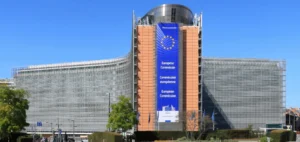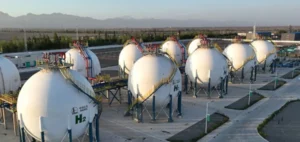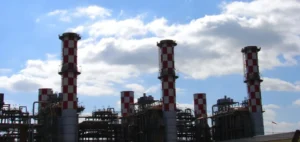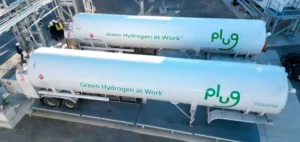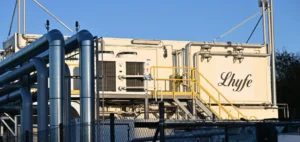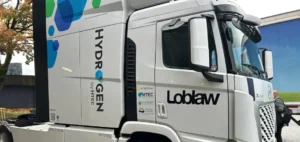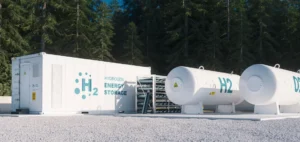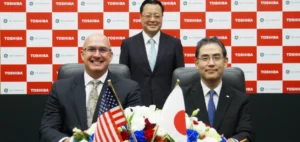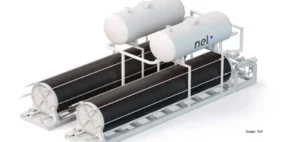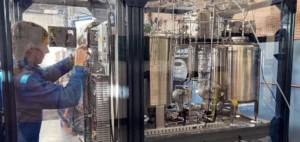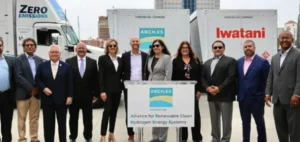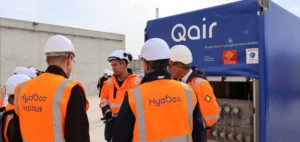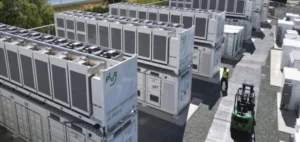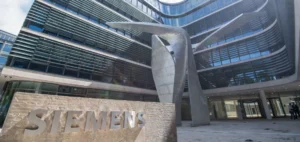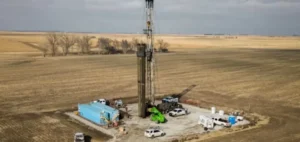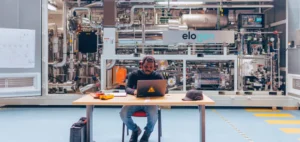Wärtsilä and Hycamite enter into a development agreement to enable hydrogen production from LNG on board marine vessels.
A system under study
Wärtsilä and Hycamite, two Finnish companies, announce the system design for mid-2023. The prototype producing clean hydrogen from LNG will be in its final stages in the second half of 2024. The concept will make use of the existing LNG infrastructure.
Thus, it will be possible to produce hydrogen on board in combination with Wärtsilä’s LNGPac fuel gas supply system. The blending of hydrogen and LNG will allow dual-fuel engines to reduce overall carbon dioxide emissions. In addition, hydrogen can be used in onboard fuel cells.
A promising project
The by-product of the process is solid carbon that will allow storage on board the ships. This carbon, made of high quality allotropes, such as industrial graphite, will be an additional source of revenue. Mathias Jansson, director of fuel gas supply systems at Wärtsilä, says:
“We are investing in the development of viable future marine fuel technologies and solutions that can accelerate efforts to decarbonize shipping operations. This collaboration with Hycamite is an important step toward achieving our corporate goals. Our gas engines can already run on blends of hydrogen and LNG. The possibility of producing hydrogen on board opens up interesting new perspectives. This solution makes up for the lack of a hydrogen supply infrastructure. It also reduces the safety risks associated with the storage and handling of liquid hydrogen and gradually reduces the environmental impact of ships.”
This technology from Wärtsilä and Hycamite is suitable for use in all LNG ships. For vessels using bioNGL, this solution will produce electricity on board the vessels. Finally, this solution will lead these buildings to a negative carbon footprint.



